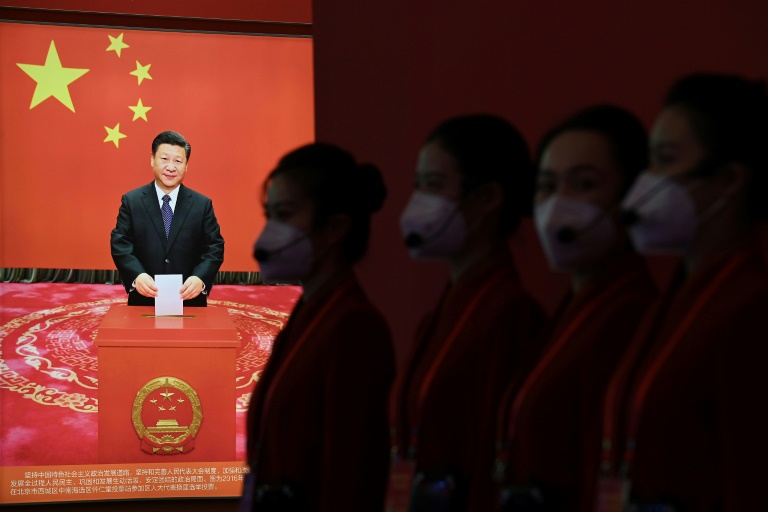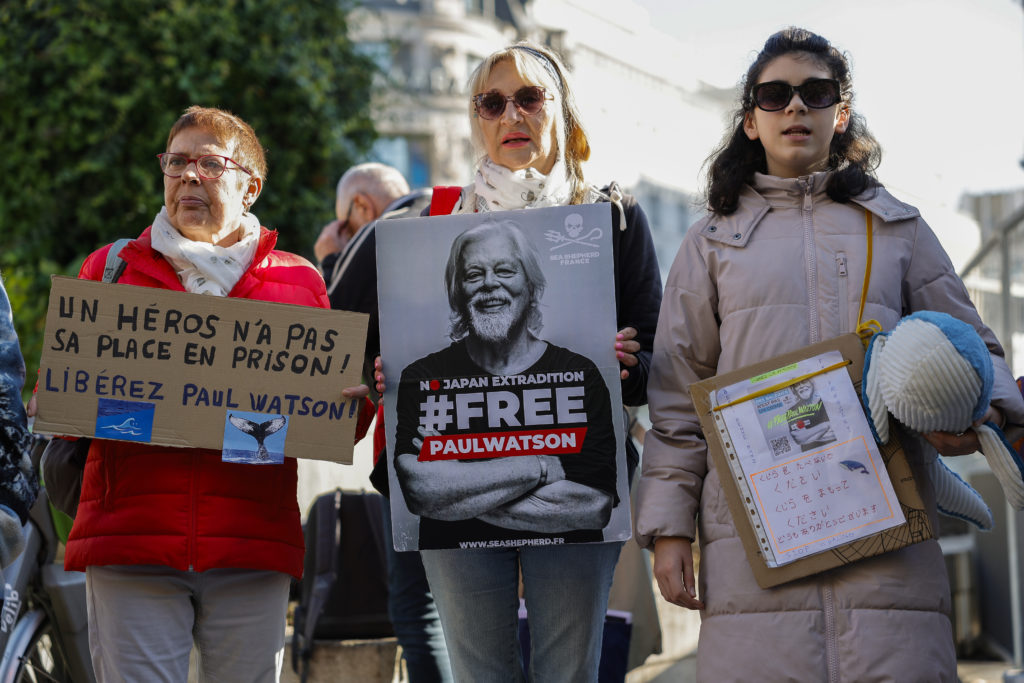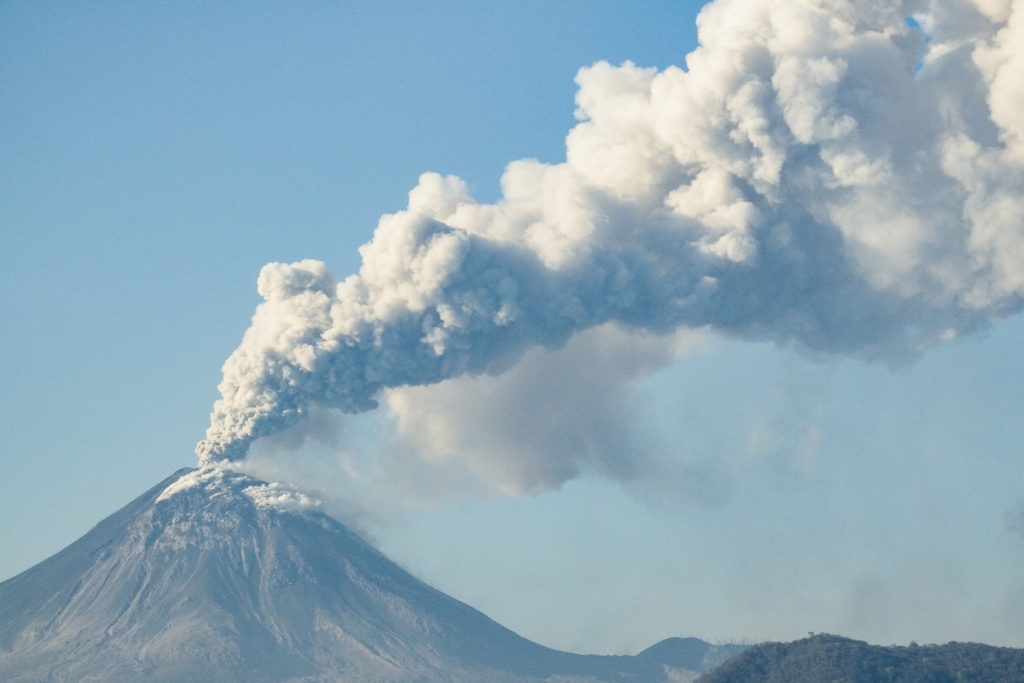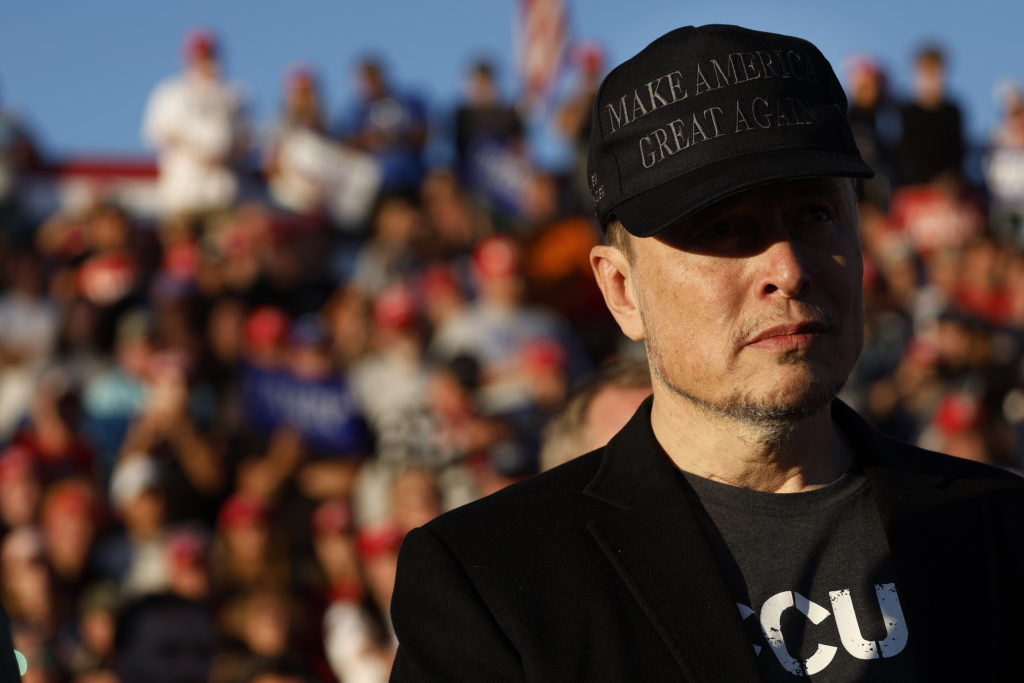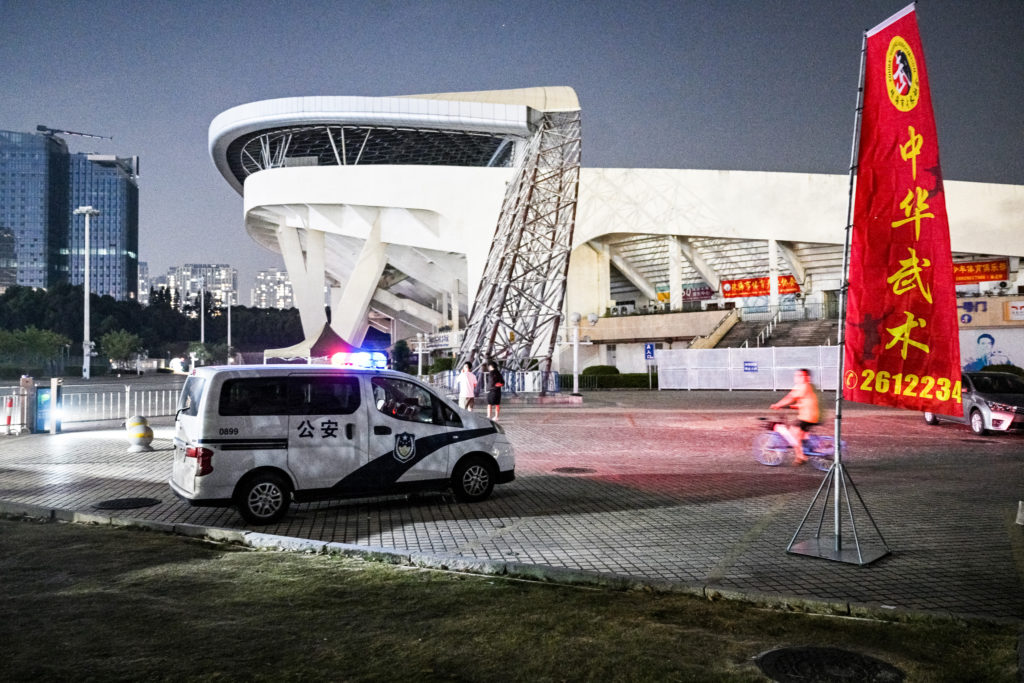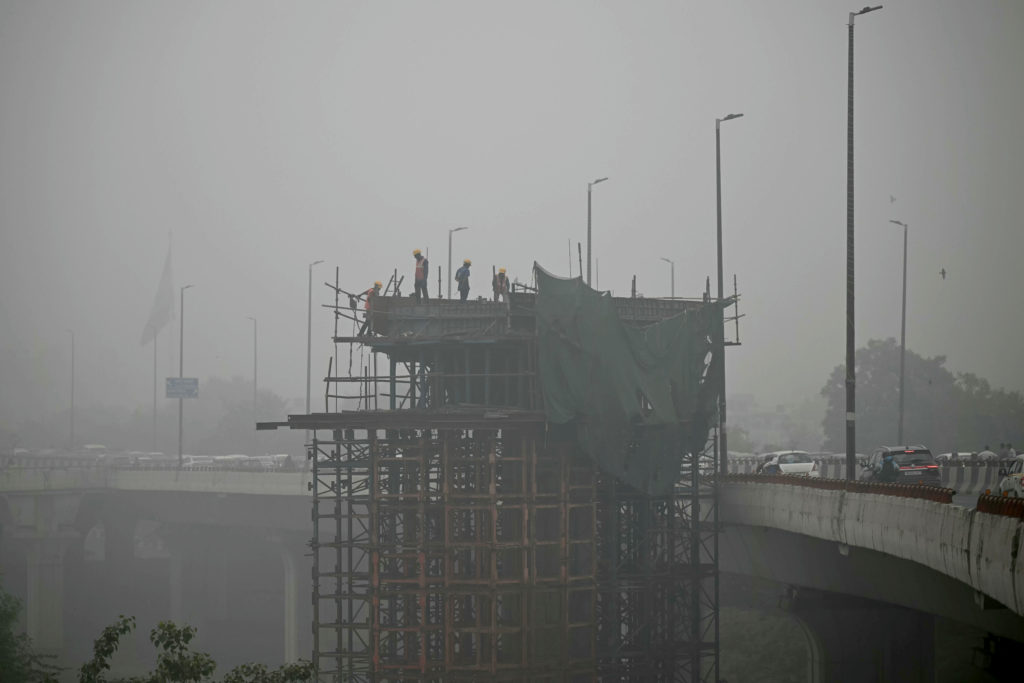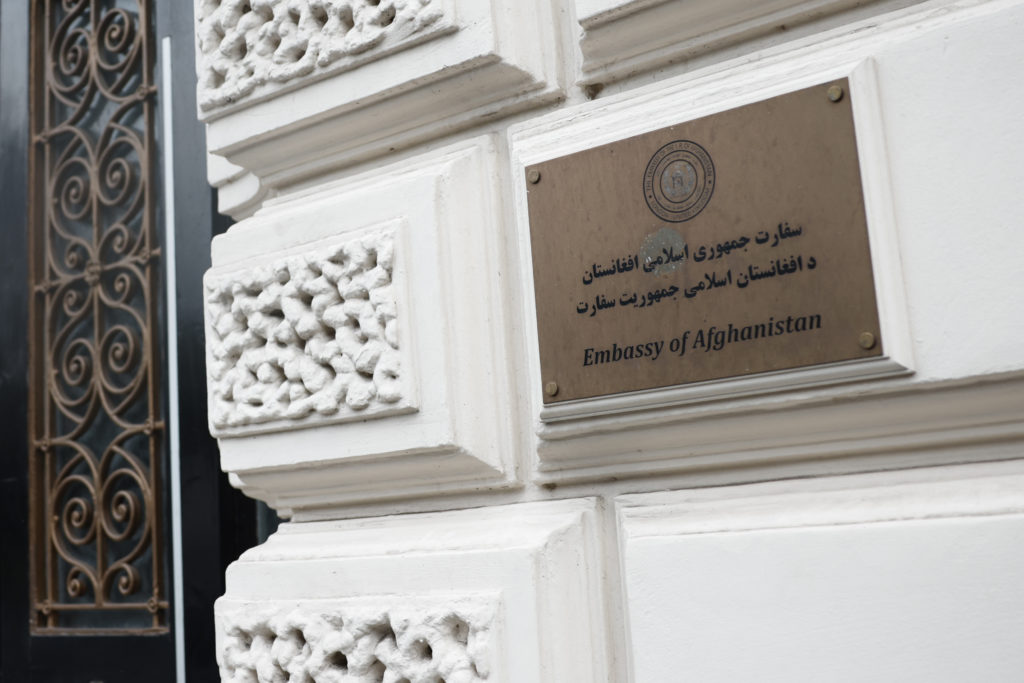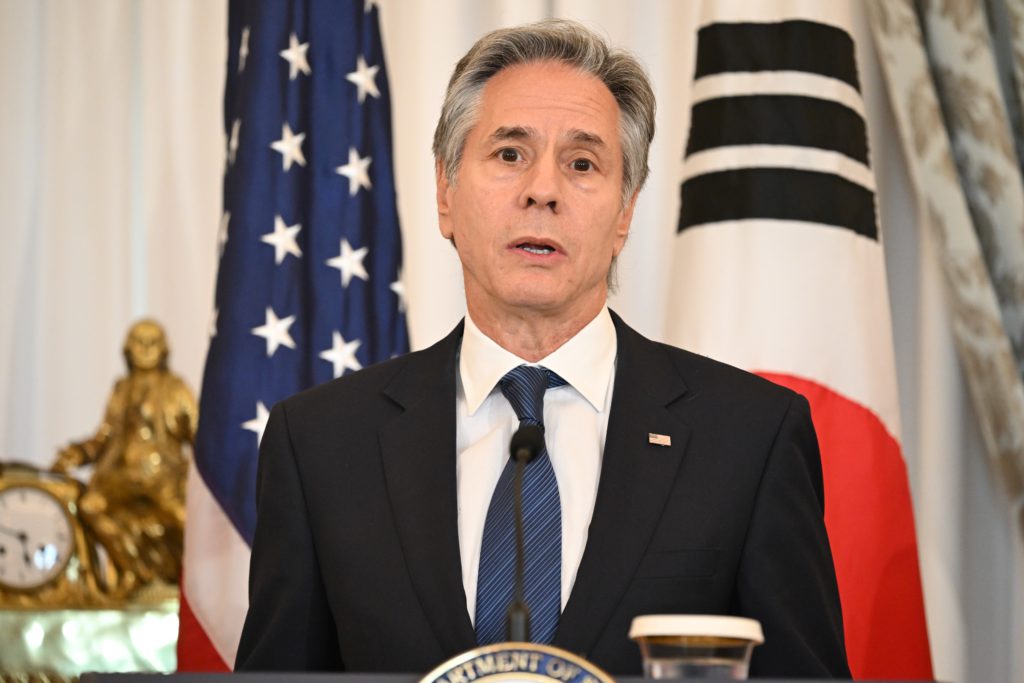Chinese President Xi Jinping is expected to secure a historic third term at a key congress of the Communist Party
China’s 20th Communist Party Congress, which begins on Sunday, is expected to deliver President Xi Jinping a historic third term in control of a country his zero-Covid policy has closed off from much of the rest of the world.
Should everything go to plan, by the end of the twice-in-a-decade meeting, the 69-year-old will be reconfirmed as the party’s general secretary, cementing his position as China’s most powerful leader since Mao Zedong.
Security has been stepped up around Beijing’s Tiananmen Square, where on Sunday almost 2,300 delegates from every province in China will gather at the imposing Great Hall of the People.
And as Xi continues to insist the country sticks to its policy of containing and eliminating the coronavirus within its borders, the Congress will take place under strict health protocols.
In a highly choreographed, mostly closed-door conclave, the participants will pick members of the party’s around 200-member Central Committee, which in turn selects the 25-person Politburo and its all-powerful Standing Committee — the country’s highest leadership body.
But in reality, “everything has been played out in advance, because the congress does not take place until the factions have agreed”, sinologist Jean-Philippe Beja told AFP.
Critics say Xi has also eliminated any potential political rivals in recent years, especially through his long-running campaign against corruption.
The speech Xi makes on the first day will give an assessment of the previous term but also a roadmap for the next five years, for both party and country.
At the 2017 Congress, Xi promised a new era of socialism with Chinese characteristics and promised Beijing would engage with the world.
“Openness brings progress, while self-seclusion leaves one behind,” he said. “China will not close its door to the world; we will only become more and more open.”
– Covid curbs –
But five years later, China has done the opposite.
As the rest of the world has gradually returned to pre-pandemic norms, Beijing has stuck to a hardline zero-Covid policy characterised by travel restrictions, obligatory quarantines, and repeated lockdowns.
As well as causing widespread hardship for Chinese citizens, the strategy has also spooked the business community.
Economic growth has stalled at a time when other long-running problems, such as the real estate downturn, are coming to a head.
“Beijing’s zero-Covid policy has discouraged much-needed investment and failed to win the hearts and minds of young Chinese, who have suffered the most economically and socially,” said Yu Jie at the Asia-Pacific programme at think tank Chatham House.
“Many Chinese worry about seeing a return to a period of isolation” not seen in China since before the country’s opening up in the late 1970s, sinologist Beja told AFP.
China’s relations with the United States have also soured further over the last five years, and Xi’s more assertive foreign policy has sparked disputes everywhere from India to Australia and Canada.
Western countries have pushed back against the increasingly aggressive rhetoric deployed against the self-ruled island of Taiwan, which Beijing sees as its territory to be taken by force if necessary.
They have also accused China of widespread human rights abuses, particularly in the western region of Xinjiang.
“President Xi’s precedent-breaking third term bodes ill for human rights in China and around the world,” said Yaqiu Wang, senior China researcher at Human Rights Watch.
– Political guesswork –
With 96.7 million members, China’s Communist Party is one of the world’s largest political organisations, but its inner workings remain largely opaque.
Observers can only guess at the future composition of the Standing Committee.
Since the 1990s, Politburo members have generally retired after two terms — but a third term for Xi would break that precedent, meaning even less than usual can be divined about the next crop of leaders.
The choice of people who will surround Xi will be crucial, said Steve Tsang, director of the SOAS China Institute.
“I think Xi will be careful in sending a clear message that no one elevated to the Politburo Standing Committee will be a successor at the 21st Congress,” he said.
The Politburo lineup will be revealed the day after the meeting ends.
If, as expected, Xi Jinping stays on as general secretary, he will then be confirmed as president for another term at the annual meeting of China’s National People’s Congress next March.
Though the 20th Party Congress will only guarantee one more five-year term, many think he will stay in power for much longer.
“The uncertainty is absolute,” said political scientist Jean-Pierre Cabestan.
“But given the promotion of Xi Jinping Thought, the restoration of the personality cult, the importance of his power at the heart of the party’s leadership, this suggests someone who will stay in power for a long time, maybe for life.”

